With new technologies revolutionizing data collection, wildlife researchers are becoming increasingly able to collect data at much higher volumes than ever before. Now we are facing the challenges of putting this information to use, bringing the science of big data into the conservation arena. With the help of machine learning tools, this area holds immense potential for conservation practices. The applications range from online trafficking alerts to species-specific early warning systems to efficient movement and biodiversity monitoring and beyond.
However, the process of building effective machine learning tools depends upon large amounts of standardized training data, and conservationists currently lack an established system for standardization. How to best develop such a system and incentivize data sharing are questions at the forefront of this work. There are currently multiple AI-based conservation initiatives, including Wildlife Insights and WildBook, that are pioneering applications on this front.
This group is the perfect place to ask all your AI-related questions, no matter your skill level or previous familiarity! You'll find resources, meet other members with similar questions and experts who can answer them, and engage in exciting collaborative opportunities together.
Just getting started with AI in conservation? Check out our introduction tutorial, How Do I Train My First Machine Learning Model? with Daniel Situnayake, and our Virtual Meetup on Big Data. If you're coming from the more technical side of AI/ML, Sara Beery runs an AI for Conservation slack channel that might be of interest. Message her for an invite.
Header Image: Dr Claire Burke / @CBurkeSci

Explore the Basics: AI
Understanding the possibilities for incorporating new technology into your work can feel overwhelming. With so many tools available, so many resources to keep up with, and so many innovative projects happening around the world and in our community, it's easy to lose sight of how and why these new technologies matter, and how they can be practically applied to your projects.
Machine learning has huge potential in conservation tech, and its applications are growing every day! But the tradeoff of that potential is a big learning curve - or so it seems to those starting out with this powerful tool!
To help you explore the potential of AI (and prepare for some of our upcoming AI-themed events!), we've compiled simple, key resources, conversations, and videos to highlight the possibilities:
Three Resources for Beginners:
- Everything I know about Machine Learning and Camera Traps, Dan Morris | Resource library, camera traps, machine learning
- Using Computer Vision to Protect Endangered Species, Kasim Rafiq | Machine learning, data analysis, big cats
- Resource: WildID | WildID
Three Forum Threads for Beginners:
- I made an open-source tool to help you sort camera trap images | Petar Gyurov, Camera Traps
- Batch / Automated Cloud Processing | Chris Nicolas, Acoustic Monitoring
- Looking for help with camera trapping for Jaguars: Software for species ID and database building | Carmina Gutierrez, AI for Conservation
Three Tutorials for Beginners:
- How do I get started using machine learning for my camera traps? | Sara Beery, Tech Tutors
- How do I train my first machine learning model? | Daniel Situnayake, Tech Tutors
- Big Data in Conservation | Dave Thau, Dan Morris, Sarah Davidson, Virtual Meetups
Want to know more about AI, or have your specific machine learning questions answered by experts in the WILDLABS community? Make sure you join the conversation in our AI for Conservation group!
MSc in AI for Sustainable Development at UCL
- 0 Resources
- 0 Discussions
- 1 Groups
- @aniyaz533
- | Niyaz
A keen willdlife biologist looking forward to work on Otters ecology in Himalayan landscape
- 0 Resources
- 0 Discussions
- 5 Groups
I'm a computer engineer with a master's degree in Artificial Intelligence, I love nature and wildlife
- 0 Resources
- 4 Discussions
- 2 Groups
- @tmcgrath
- | He / Him
Geographer, Program Manager, Engineering Manager
- 0 Resources
- 1 Discussions
- 11 Groups
A Marine Conservationist based in Malaysia
- 0 Resources
- 0 Discussions
- 5 Groups
- @lqmeyers
- | he/him
Graduate Student Researcher interested in computer vision, agro-ecology, and sustainability.
- 0 Resources
- 0 Discussions
- 4 Groups
Snow Leopard Trust
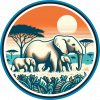
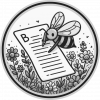
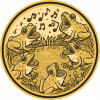
- 0 Resources
- 44 Discussions
- 6 Groups
- @jcturn3
- | He/Him
Colorado State University
I am a graduate student at Colorado State University working to develop novel acoustic technology for remotely monitoring wildlife.


- 0 Resources
- 14 Discussions
- 3 Groups
- @KiaraHaylock
- | She/Her
PhD in Animal Ecology and Behavioural Physiology. Interested in the movement, behavioural and physiological responses of animals to environmental variability.
- 0 Resources
- 0 Discussions
- 13 Groups
20+ years traveler and management consultant turned tech founder and conservationist. Founder & CEO of ZAMBEZI ZERØ; super intelligence to safeguard biodiversity.
- 0 Resources
- 0 Discussions
- 15 Groups
Product Designer focusing on a project about marine mammal conservation.
- 0 Resources
- 2 Discussions
- 2 Groups
- @eaglass25
- | she/her
Fauna & Flora
Programme Officer at the Conservation Leadership Programme
- 0 Resources
- 0 Discussions
- 3 Groups
Community Announcement
Are you an early career Kenyan conservationist looking to explore emerging conservation technologies while networking with a strong cohort of other female leaders? Apply now for our 6-month Women in Conservation Tech...
8 March 2022
We're proud to introduce the first WILDLABS On the Edge Fellows for 2022, Loretta Schindlerova and Meredith Palmer! Working alongside expert Edge Impulse mentors, these two fellows will use embedded machine learning to...
10 February 2022
We have a big vision for our Fellowships & Awards Programme: to create a better way for the tech industry to more meaningfully and impactfully engage with our conservation community. As we open our first fellowships...
28 January 2022
This article provides a review of deep learning (predominantly ML) used in marine ecology and considerations for its future directions in conservation. In plain language, the authors provide a methodology for training...
20 December 2021
Community Announcement
We've wrapped our first AI for Conservation Office Hours, a new programme where we set up 1:1 sessions with conservationists using or thinking about using AI so they could receive expert guidance from data scientists at...
14 December 2021
This study breaks ground in outlining a methodology for a system of low-cost, long-term camera traps (Dispersed Environment Acquatic Cameras) that can be deployed over large spatial scales in remote marine environments...
30 November 2021
In pursuit of saving the Monarch butterflies, Carlo Mondavi- pioneer of the Monarch challenge- was inspired to develop the world's first fully electric smart tractor tractor with co-founder and Chief Executive, Praveen...
29 November 2021
Article
This research article explores the challenges of achieving environmental data justice, with the continued advancement in technology and growth in available data. The author emphasises the necessity to prioritise ...
26 November 2021
In Ellie Warren's interview with Sara Beery as part of the Technical Difficulties Editorial Series, they discussed how the hype surrounding machine learning impacts our perceptions of failure, and how conservationists...
23 November 2021
CAIMAN is a product from the Sensing Clues Foundation that automatically classifies animals on images from camera traps. It aims to be available by the end of 2021, contact the Sensing Clues team for more details. This...
18 November 2021
The GEO-Microsoft Planetary Computer Programme invites the GEO community to be among the early adopters of Microsoft's Planetary Computer. The Programme will support a number of 12-month projects that use The Planetary...
4 November 2021
On 3rd November 2021, Earthranger Announced Giraffe Conservation Foundation and Lion Guardians as the inaugral Conservation Tech Award Recipients. The two organizations are Harnessing the Power of Technology to Protect...
3 November 2021
June 2025
event
event
July 2025
October 2025
event
event
73 Products
Recently updated products
16 Products
Recently updated products
| Description | Activity | Replies | Groups | Updated |
|---|---|---|---|---|
| Hi WILDLABS Community,I’m Simon Juma from Kenya, working on a project to track and manage Red-billed Quelea birds, which... |
|
AI for Conservation, Sensors | 2 months 2 weeks ago | |
| Hi everyone, I’m excited to become a member of Wild Lab! I’m currently working on my master’s thesis, focusing on dormouse conservation. My research explores the behavioral... |
|
AI for Conservation, Animal Movement, Camera Traps, Citizen Science, Community Base, Data management and processing tools, Early Career, Geospatial | 2 months 3 weeks ago | |
| That's amazing thanks so much! |
|
Acoustics, AI for Conservation, Data management and processing tools, Early Career | 2 months 3 weeks ago | |
| Thanks again for the interesting discussion everyone! Just a note that while I touched on it in my opening post above, there were still questions in this thread about what... |
+28
|
Open Source Solutions, AI for Conservation, Ethics of Conservation Tech, Software Development | 2 months 4 weeks ago | |
| Thanks @VAR1 great insights! Funny you mentioned the honey thing, @hikinghack said the same in response on the GOSH forum. I think the point I'm trying to make with the vegan... |
|
Open Source Solutions, AI for Conservation, Conservation Tech Training and Education, Ethics of Conservation Tech, Geospatial, Software Development | 2 months 4 weeks ago | |
| Linkedin mainly. iNaturalist and eBird ofc but these are more communities than real social networks. But, and this is a real advice, a good RSS feed reader with all your... |
+5
|
AI for Conservation, Community Base | 2 months 4 weeks ago | |
| Hi Maureen, thanks a lot for this. Seemed more or less perfect so I applied :)Also didn't realise there was a slack community so I'll be scanning that too... |
|
AI for Conservation | 3 months ago | |
| Hey everyone,On Monday, we are starting the test phase of our first MVP version!We are looking for a limited number of testers and still... |
|
AI for Conservation | 3 months ago | |
| Hi Dan, Not right now but I can envision many uses. A key problem in RS is data streams for validation and training of ML models, its really not yet a solved problem. Any... |
|
Emerging Tech, AI for Conservation, Animal Movement, Build Your Own Data Logger Community, Camera Traps, Connectivity, Conservation Tech Training and Education, Data management and processing tools, Geospatial, Sensors | 3 months 1 week ago | |
| Thanks @eugenegalaxy . Much appreciated and I will go through this thoroughly! |
|
AI for Conservation | 3 months ago | |
| Hey Bob, thanks for the kind words! Your articles on Winterberry Wildlife have really been a big inspiration for me! There are extremely limited numbers of articles on trial... |
|
AI for Conservation, Camera Traps | 3 months 1 week ago | |
| This is probably the most realistic one I've seen made by this tool (stable-difussion v1.5) |
|
AI for Conservation | 3 months 1 week ago |
AI for Earth Innovation Grant (extended)
4 June 2019 12:00am
CogX Festival of AI and Emerging Technology - free tickets for WILDLABS members
16 May 2019 12:12pm
3 June 2019 4:53pm
Are there any free tickets left for CogX?
I am on anthony.peake@agiledatum.com
3 June 2019 5:04pm
yep! Drop me an email at stephanie.odonnell@wildlabs.net and I'll get you a link.
Steph
How machine learning can help fight illegal wildlife trade on social media
31 May 2019 12:00am
GWP Webinar Recording: Using SMART at scale for effective wildlife protection
21 May 2019 12:00am
WILDLABS TECH HUB Showcase
17 May 2019 12:00am
Meet the WILDLABS TECH HUB Winners
13 May 2019 12:00am
Huge appetite for data trusts, according to new ODI research
15 April 2019 12:00am
Call for Papers: Data Mining and AI for Conservation Workshop at KDD 2019
15 April 2019 12:00am
Call for Papers: Thematic issue of Environment Conservation on ‘Conservation Artificial Intelligence’
26 March 2019 10:12am
WILDLABS Virtual Meetup: Low Cost, Open-Source Solutions
18 March 2019 12:00am
#Tech4Wildlife Photo Challenge: Our Favourites from 2019
3 March 2019 12:00am
Conserving the Sumatran and Javan Rhino
15 January 2019 7:39pm
23 January 2019 10:12pm
Hello Claire,
Engineer at Wild Me here. We would love to start a conversation about a Wildbook for rhinos.
Lets talk about citizen science and computer vision for identification possibilities. I'm curious about your current data set and the identification tools you are using as a starting point. I'm happy to talk here, or you can email our team at services@wildme.org.
24 February 2019 1:28am
Hi Claire,
At the BearID Project, we are working on a similar problem for brown bears. We are currently using machine learning methods developed for human facial recognition (like Google FaceNet). We got some ok initial results, but now we are running up against small data issues. The method for human faces were trained with millions of images of hundreds of thousandes on individuals. We have a few thousand images of about a hundred individuals. We plan to investigate other methods in the future.
It will be great to keep in touch to see what methods you will be using.
Ed
24 February 2019 1:38am
Hi Colin,
At the BearID Project, we are working on a similar problem for brown bears. We are currently using machine learning methods developed for human facial recognition (like Google FaceNet). We got some ok initial results, but now we are running up against small data issues. The method for human faces were trained with millions of images of hundreds of thousandes on individuals. We have a few thousand images of about a hundred individuals. We plan to investigate other methods in the future.
The last time I talked to WildMe, the identification algorithms were based on matching unique patterns. We didn't think this would be directly applicable for brown bears as they don't have a lot of clearly identifiable markings. Have you developed other identification algorithms?
Ed
Responsible AI for Conservation?
11 February 2019 6:22pm
21 February 2019 8:17am
Hi Jaishanker
Absolutely - the overlap between image-based and sound-based analyses is increasing, and consistent terminology will no doubt help us share info.
Are you using ML in SODA for automated identification of sounds? If so, how are you determining if a given classifier is performing well?
Thanks
Ollie
21 February 2019 11:08am
Hello Ollie,
SODA is a recently launched suite. It is in the development phase. We have with us call libraries with multiple (40+) calls for 10- 12 species of birds. A research scholar is on the job for classifying at the species level.
Our interest is equally on separating the different sonic components (as stated in https://www.wildlabs.net/community/thread/666). It is different from the link shared in my previous reply. This is where I see the confluence of objectives.
As a TEAM, I believe, we can address the individual objectives faster.
regards
jaishanker
21 February 2019 9:13pm
Hi Ollie,
Great article, thank you! I mostly work with responsible AI in other contexts, at Doteveryone.org.uk and the Trust & Technology Initiative at the University of Cambridge, so don't have much to offer here, although I am very interested in the topic. I appreciate your point that many of the consumer data issues highlighted in the 'popular' responsible AI discourse aren't relevant to conservation (some of us have been gathering 'responsible tech' / 'ethical tech' resources in a shared doc, and there's essentially nothing there for conservation specifically - https://docs.google.com/document/d/1SN6hYeKe3eRK6x9D0Sr7GpCA4nirpyo3u68xG1A6NDs/edit ). However there might be some links with humanitarian data practices, which are touched on by the Responsible Data folks at https://responsibledata.io and https://www.fabriders.net/data-literacy-consortium/ or in this recent article https://asecondmouse.wordpress.com/2019/02/20/instability-forecasting-models-seven-ethical-considerations/
Best,
Laura
Using Swiss AI and Drones to Count African Wildlife
18 February 2019 12:00am
ChimpFace: Facial recognition to combat wildlife trafficking
6 February 2019 12:00am
UK’s first data trusts to tackle illegal wildlife trade and food waste
31 January 2019 12:00am
The Ecosulis Rewilding Tech Challenge
14 January 2019 12:00am
WILDLABS Virtual Meetup: Big Data in Conservation
27 November 2018 12:00am
Canopy cameras shed new light on monkey business in Brazil
22 November 2018 12:00am
A technologist's journey to protect wildlife: The reality and potential of conservation technology (recorded talk)
22 November 2018 12:00am
WILDLABS Virtual Meetup: Networked Sensors for Security and HWC Prevention
12 November 2018 12:00am
Tusk Conservation Lecture 2018: Ted Schmitt
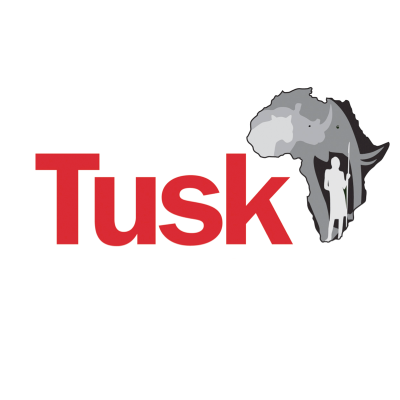 Tusk
Tusk
15 October 2018 12:00am
Biology Undergrad Attempts Automated Species Recognition Using MacBook Air and Google
1 October 2018 12:00am
How to share data on species to help conserve them… whilst avoiding them being exploited by poachers
20 August 2018 12:00am
Ocean Hack: San Francisco, 10-11th September, 2018
 One Ocean Collab
One Ocean Collab
20 August 2018 12:00am
Thermal Sensor Project Update: Testing with live animals at the San Diego Zoo
27 July 2018 12:00am
31 March 2023 2:15pm
$90K in grants from the Con X Tech Prize
11 June 2018 12:00am
Webinar: Artificial Intelligence for Earth, Microsoft Research
 Eye on Earth Alliance
Eye on Earth Alliance
23 April 2018 12:00am
HWC Tech Challenge: Thermopile Sensor Project
19 April 2018 12:00am
BES Guide to Reproducible Code
27 March 2018 2:50pm










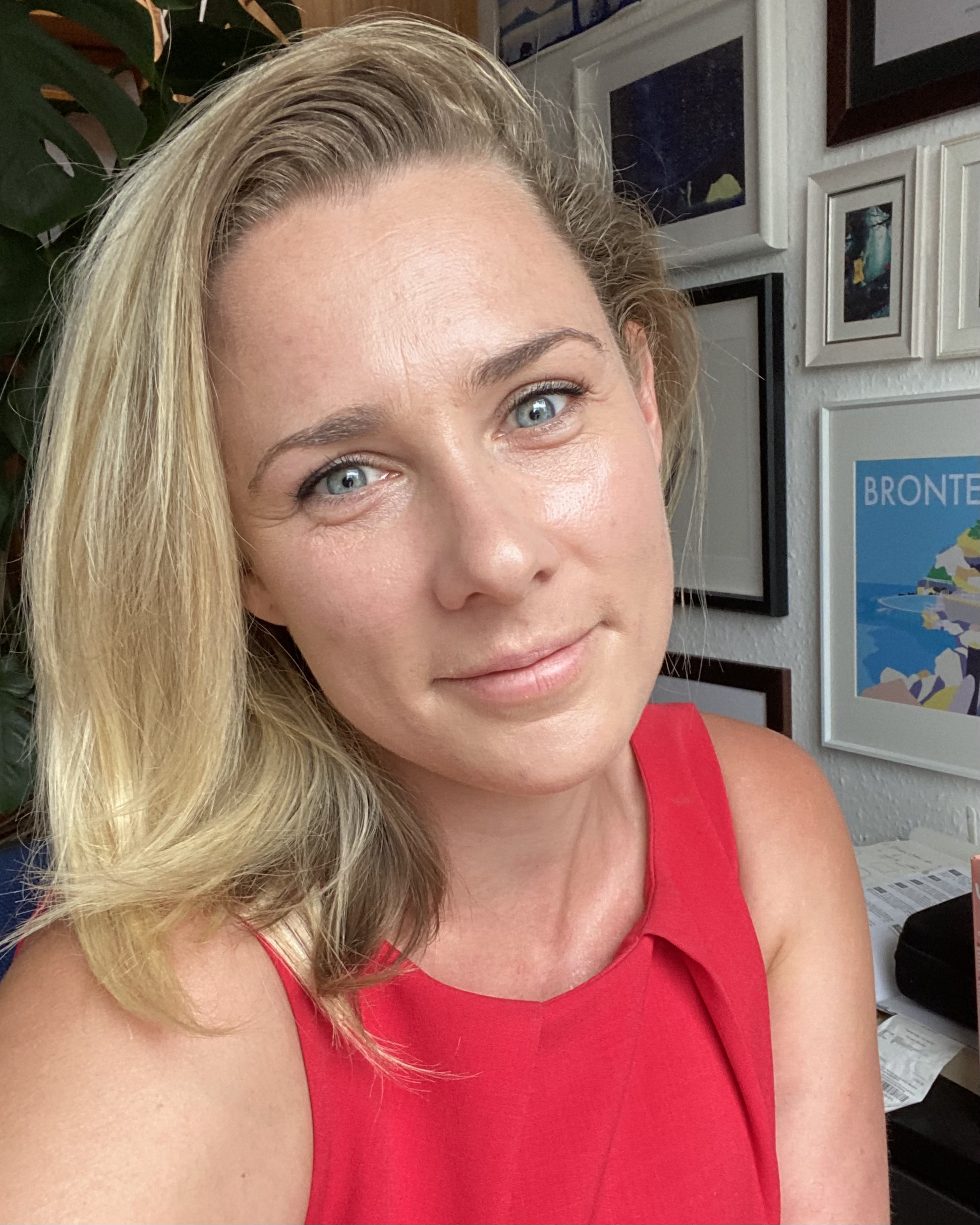

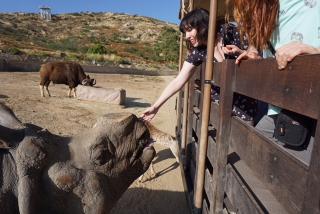


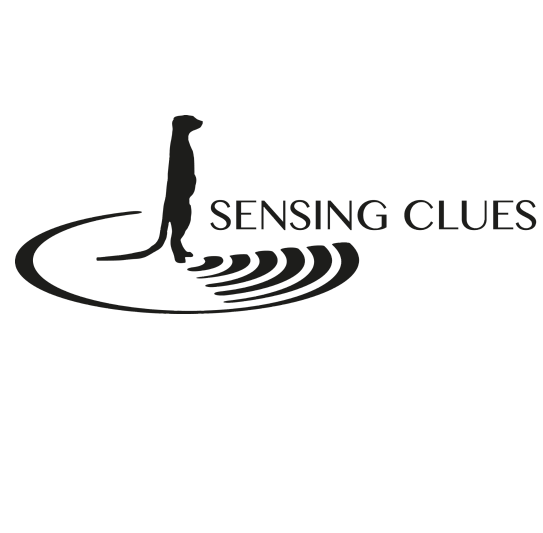


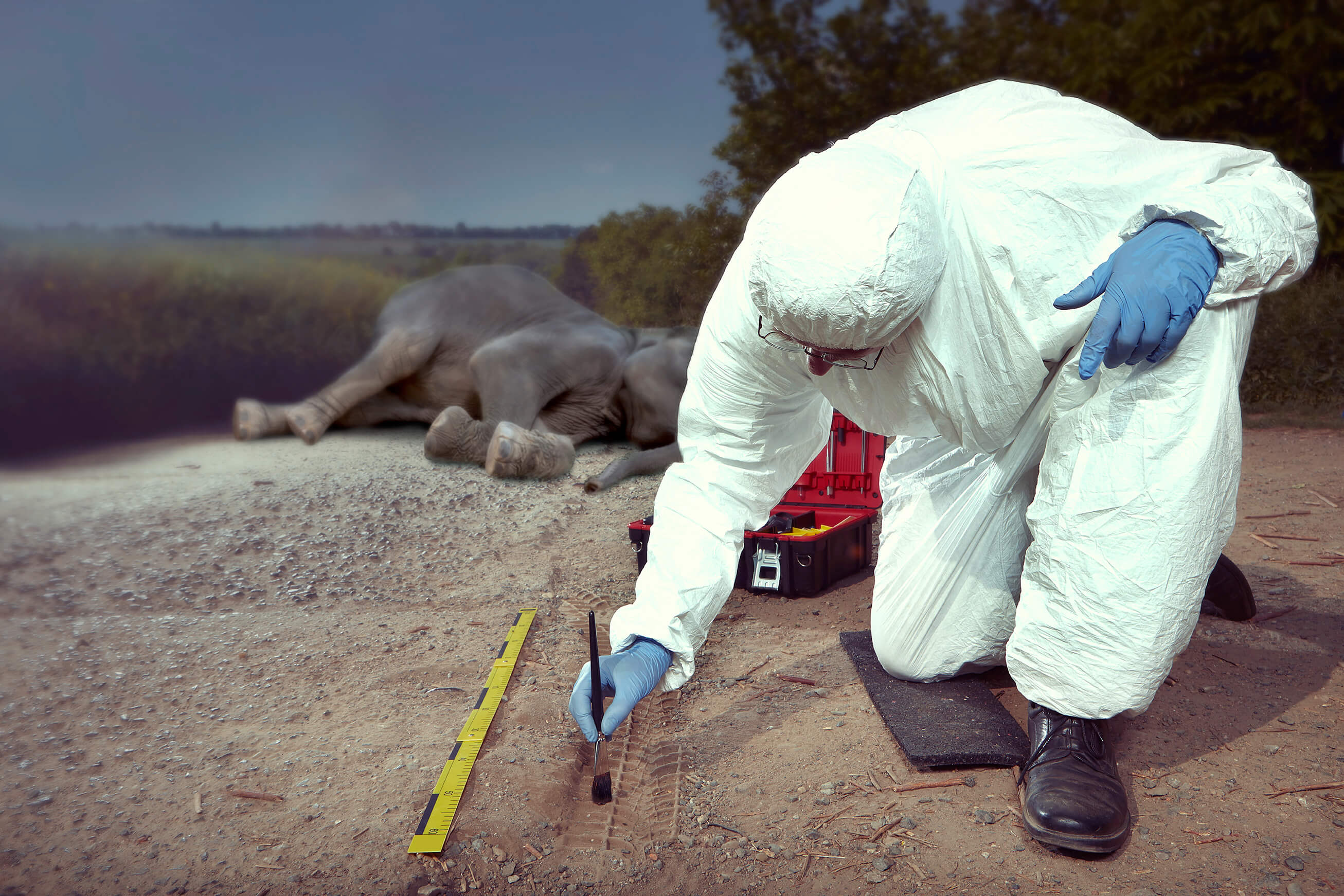
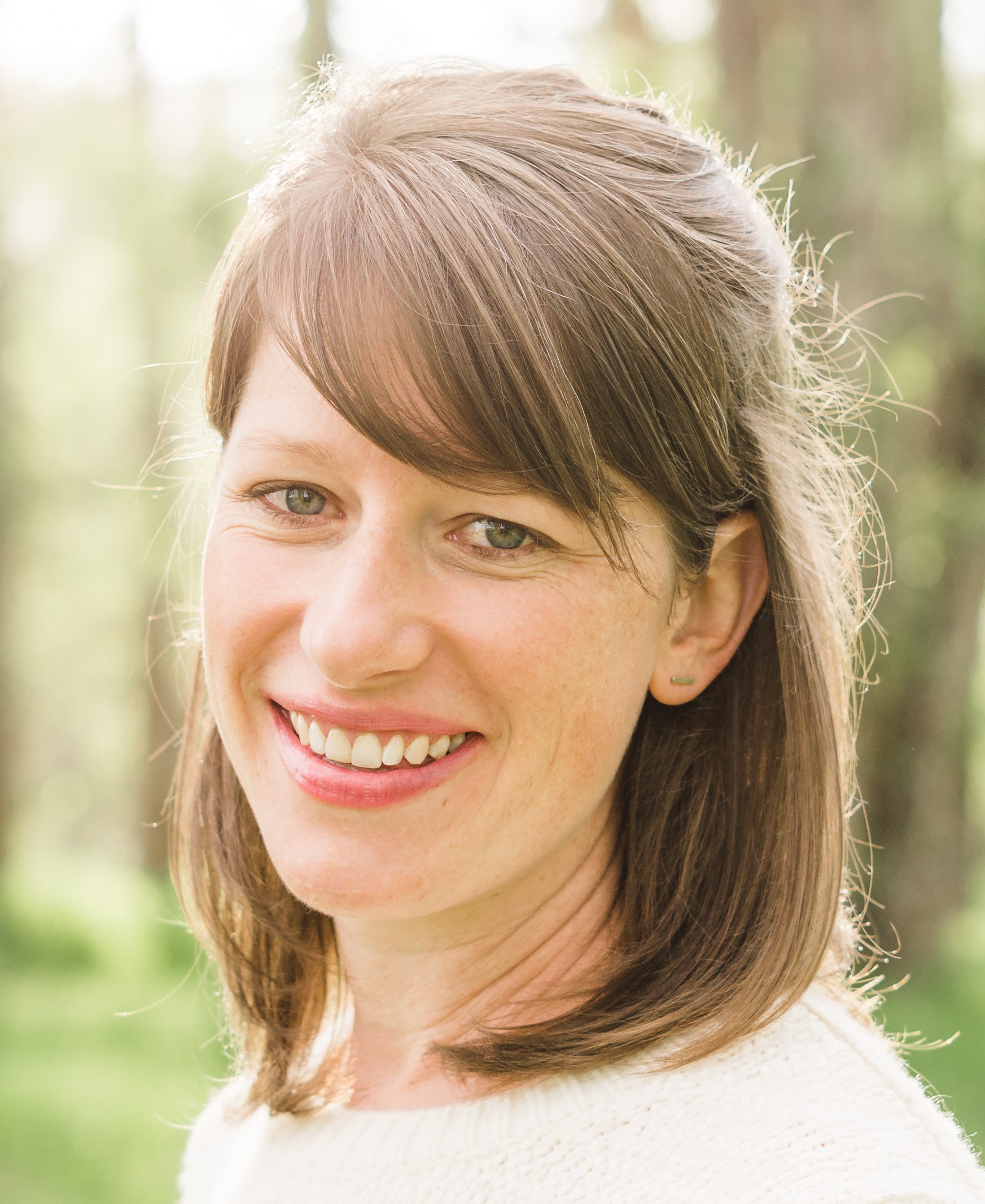
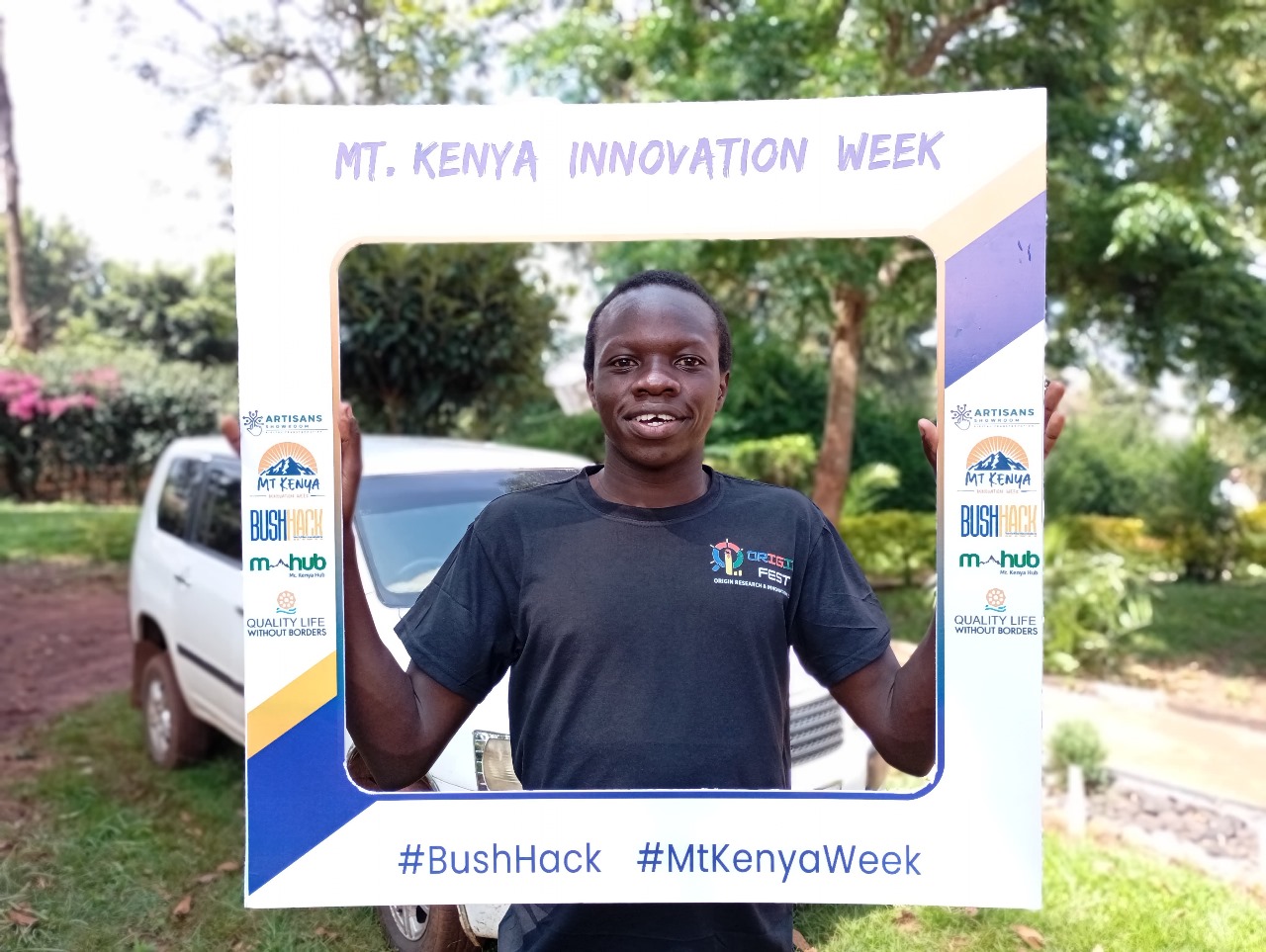





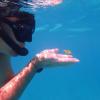













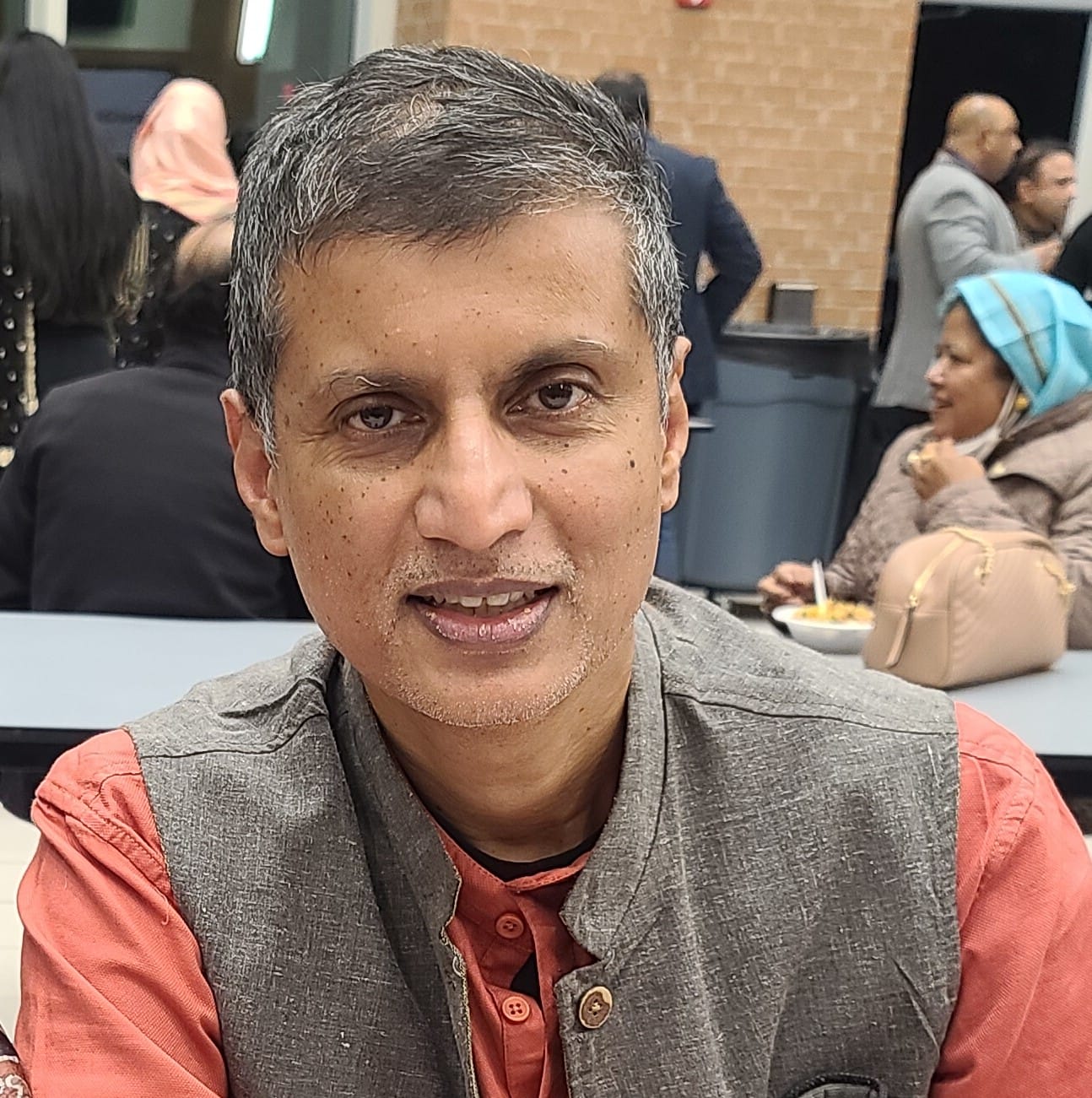







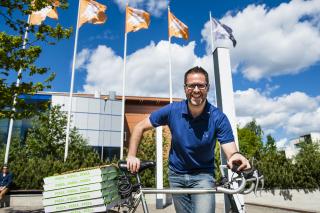

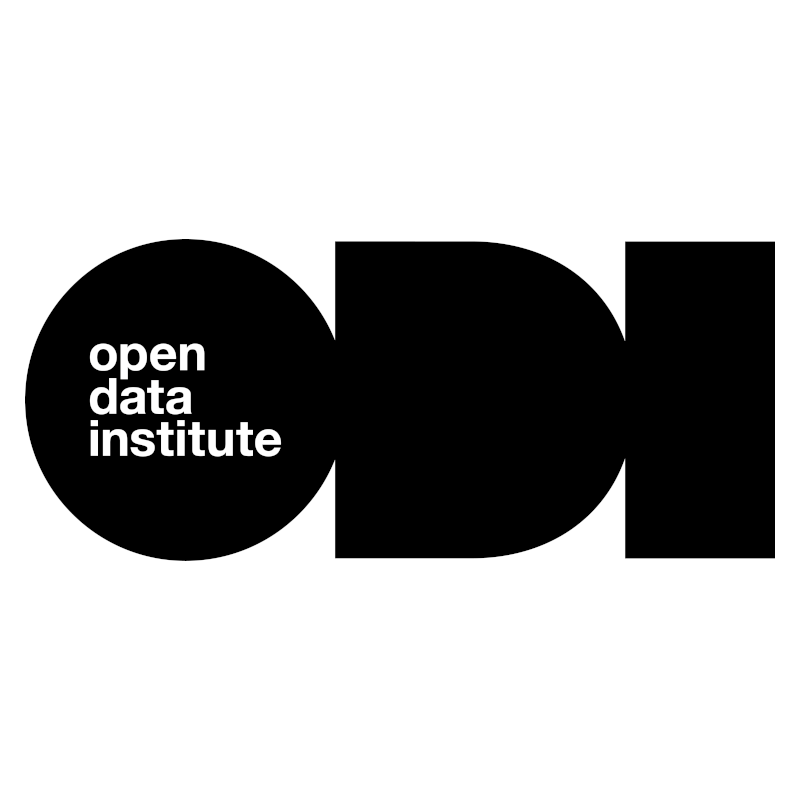


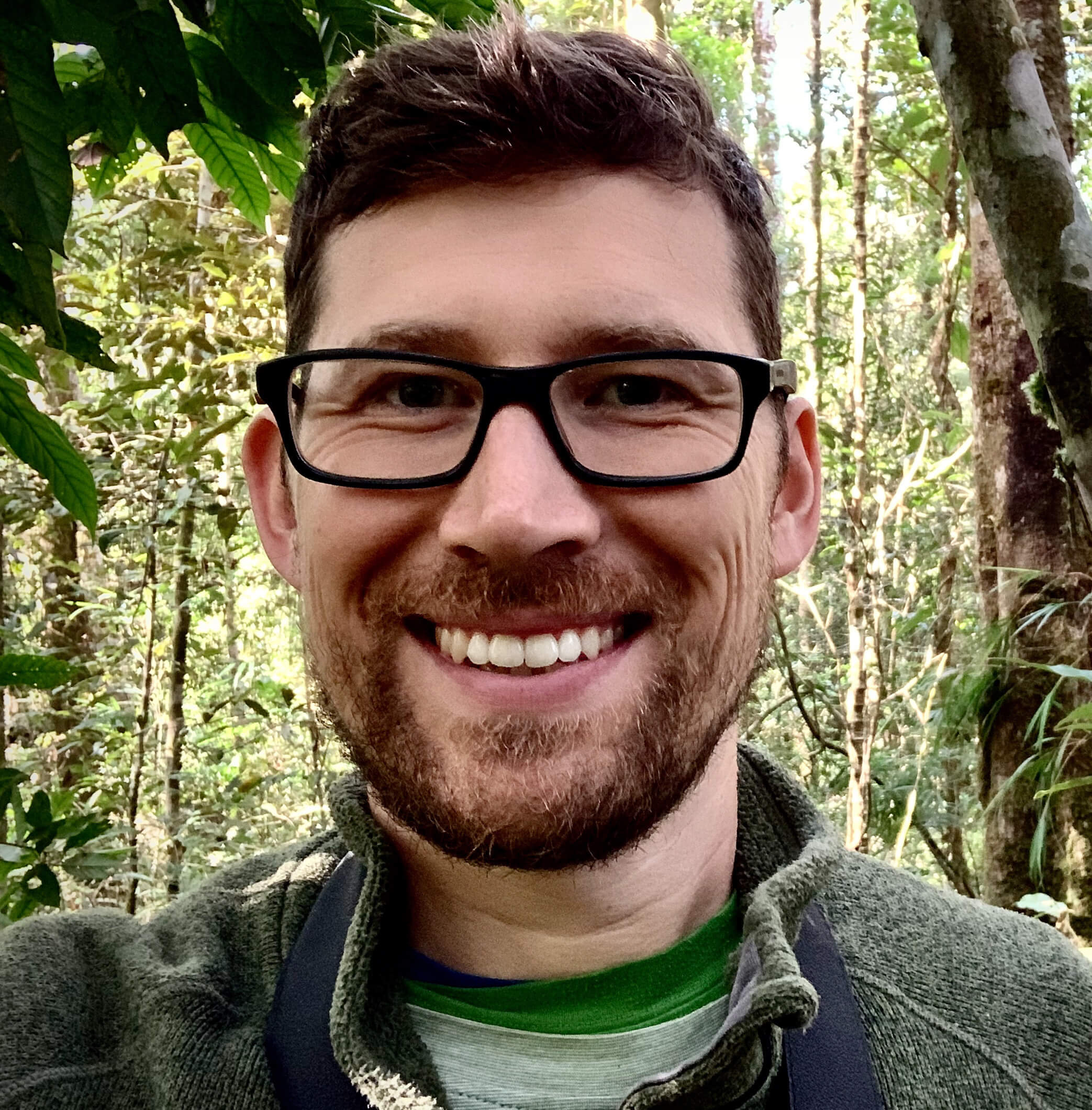







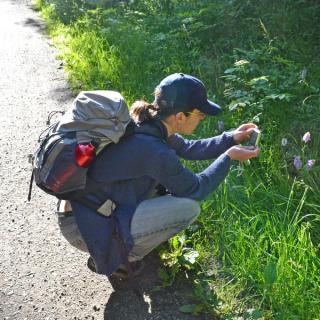
28 May 2019 12:02pm
UPDATE: We've had quite a few members emailing us for tickets, so I'm looking forward to meeting everyone in person! We've now been allocated some extra tickets, so if you are interested you're in luck, there is still a chance to come along.